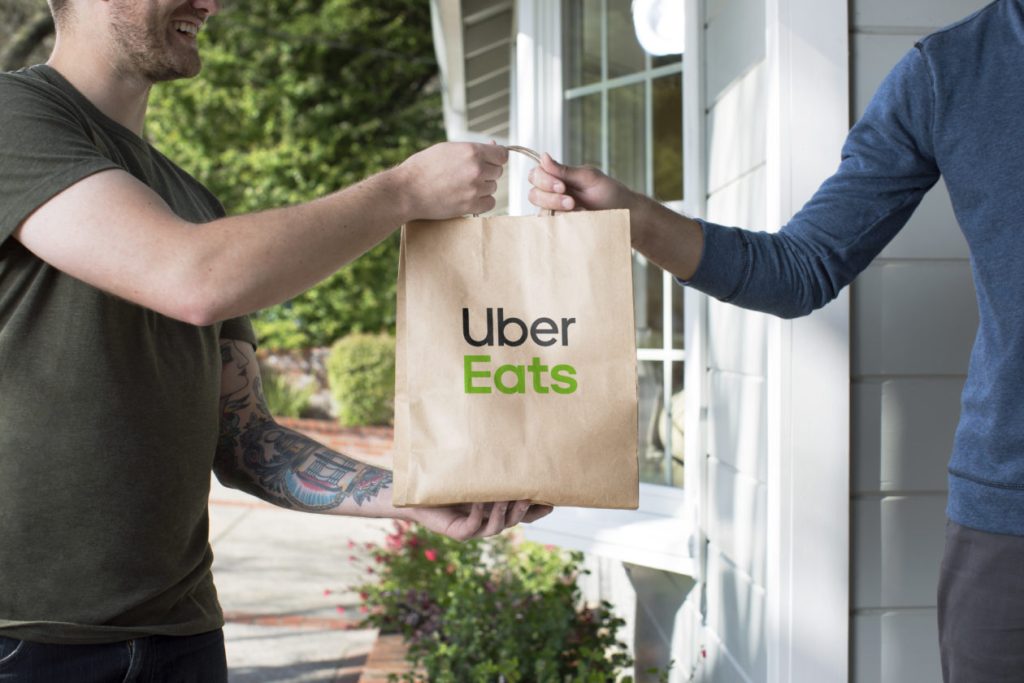The controversy surrounding the minimum wage law for food delivery drivers in Seattle has led tech companies such as Uber and DoorDash to react by increasing delivery fees for consumers and lobbying efforts to reverse the law. Seattle City Council President Sara Nelson has proposed a new ordinance that would tweak the existing wage standards, including lowering the minimum pay threshold. This proposal has sparked a battle between tech-fueled delivery platforms and supporters of the original legislation, which was passed to provide protections to gig workers treated as independent contractors. The current law requires companies to pay drivers a minimum per-minute and per-mile amount while making deliveries, or a minimum per order of $5.
DoorDash has expressed support for the new proposal as it sets a per hour minimum wage of $19.97 for “engaged” time and a per-mile minimum of 35 cents, eliminating the per-minute rate. Working Washington, a nonprofit that helped pass the original legislation, has criticized the new ordinance, stating that it would reduce worker pay below minimum wage and not account for payroll taxes and personal expenses. The proposal also eliminates the city’s ability to require data from companies related to driver compensation and time worked. The introduction of this new ordinance has sparked debate and contention among key stakeholders.
Amidst concerns about decreased sales from restaurants relying on delivery orders and varying impacts on drivers, the proposed ordinance does not address customer fees. DoorDash has mentioned that customer fees may potentially be lowered with the implementation of the new law, as the current fees help offset the costs associated with the existing law. Uber has also expressed support for the proposed changes, emphasizing the importance of input from impacted groups and individuals in shaping good policy. The future of the proposed ordinance remains uncertain as it is set to be discussed in Nelson’s committee and potentially go to a full council vote next month.
The broader debate over how gig workers should be compensated and treated as employees or independent contractors continues to be a topic of discussion in Seattle and beyond. With Seattle as a testing ground for the impact of labor standards in the growing food delivery market facilitated by tech companies, the outcome of the proposed ordinance could have far-reaching implications for the industry. As the city grapples with balancing the interests of workers, customers, and businesses, the potential changes to the minimum wage law highlight the complexities and challenges of regulating the gig economy. Ultimately, the proposed ordinance reflects ongoing tensions between corporate interests and worker protections in an evolving labor landscape.


